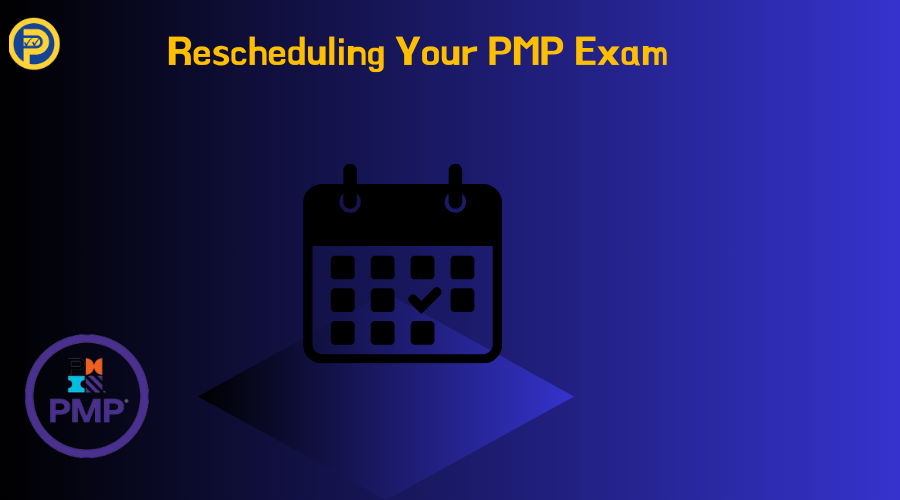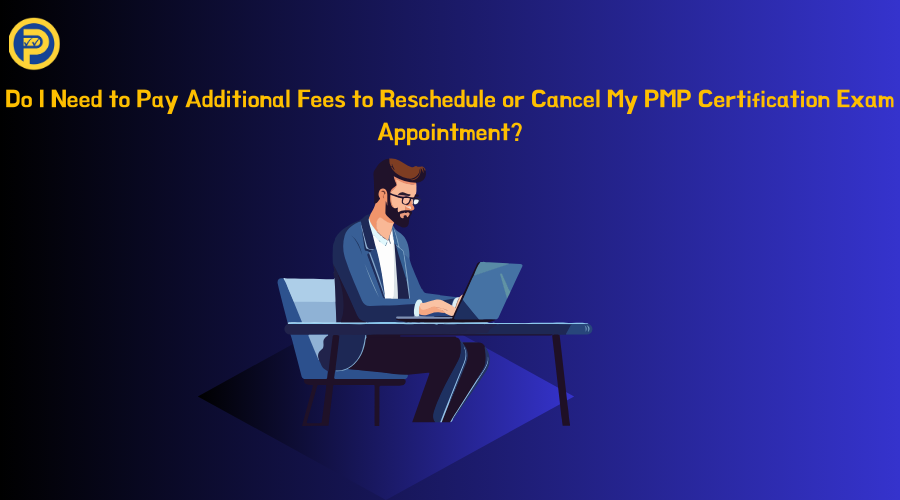When preparing for the Project Management Professional (PMP) exam, candidates often find themselves needing to reschedule or cancel their exam appointments. Understanding the associated fees is crucial for effective planning and budgeting.
The Project Management Institute (PMI) has established specific policies regarding these changes, which vary based on timing.
Rescheduling Your PMP Exam
You can reschedule your PMP exam without incurring any fees if you do so more than 30 days before your scheduled date. This flexibility allows candidates to adjust their plans without financial penalties, making it easier to find a suitable time to take the exam.
However, if you need to reschedule within 30 days of your exam date, a fee of $70 will apply.
This fee is charged when you initiate the rescheduling process through the PMI or Pearson VUE platforms. It is important to note that this fee applies regardless of whether you are moving your exam date forward or backward.
You can enhance your chances of success in the PMP exam by using our PMP Test Prep materials.

Cancellation Policies
The cancellation policy mirrors the rescheduling rules. If you cancel your exam more than 30 days in advance, you will not incur any charges. This allows candidates who are certain they cannot attend the exam ample opportunity to withdraw without losing money.
Conversely, if you cancel your appointment within 30 days of the exam, a $70 fee will be deducted from your refund. If you wait until you are within two days of your exam date, you will forfeit the entire exam fee and will not be able to receive a refund or reschedule.
This strict policy emphasizes the importance of timely communication regarding scheduling changes.
Unforeseen Circumstances
PMI recognizes that unforeseen events, such as medical emergencies or natural disasters, may necessitate changes to your exam schedule. In such cases, candidates can submit a request for a refund of the rescheduling fee after paying it, provided they supply appropriate documentation supporting their claims.
Each request is evaluated on a case-by-case basis by PMI, meaning that approval is not guaranteed.
If PMI approves your request due to extenuating circumstances, you may receive a full refund of the $70 fee. However, if your request is denied, you will be responsible for paying the full amount again when you decide to retake the exam.
Importance of Planning
Given these policies, it is vital for candidates to plan their exam dates carefully and consider potential conflicts that may arise.
Scheduling an exam appointment should be done with confidence in one’s readiness and availability. Frequent cancellations or rescheduling can lead to increased stress and may hinder preparation efforts.
Try out: PMP Free Questions
FAQS
Do You Have to Pay for Each PMP Attempt?
Yes, you must pay for each attempt at the PMP exam. The fee for the first attempt is $405 for PMI members and $555 for non-members.
If you need to retake the exam, the costs are reduced: $275 for members and $375 for non-members for each subsequent attempt.
Candidates have a one-year eligibility period, allowing up to three attempts within that timeframe. If all attempts are exhausted without passing, you must reapply and pay the full fee again.
Is the PMP Exam Fee Refundable?
The PMP exam fee is partially refundable under specific conditions. To receive a refund, you must request it at least 30 days before your exam eligibility expiration date.
PMI will retain a $100 processing fee if you have not scheduled or taken the exam. No refunds are available if you fail the exam, do not show up, or if your eligibility period has expired. In cases of extenuating circumstances, a full refund may be considered upon review by PMI.
What Happens if You Fail PMP 3 Times?
If you fail the PMP exam three times, you must wait one year from your last attempt before reapplying. During this one-year period, you cannot take the exam again or submit a new application.
If your eligibility expires without passing, you can reapply, starting a new one-year eligibility period with three attempts.
It’s crucial to analyze your previous performance and improve your study strategy to increase your chances of success on subsequent attempts. Many candidates find success after reassessing their preparation.

